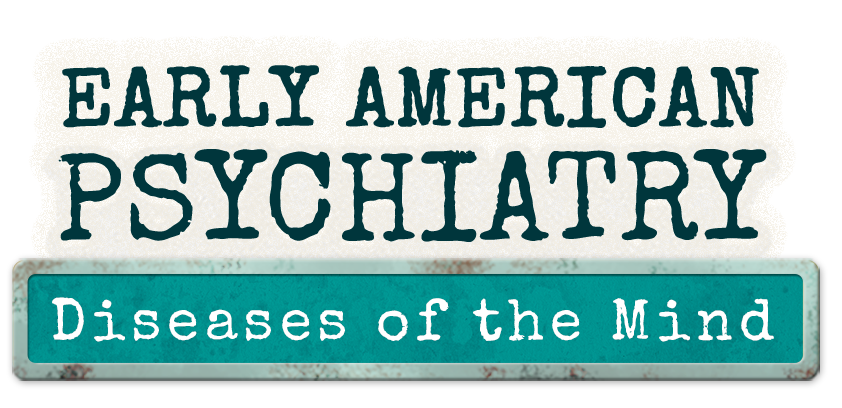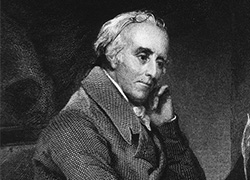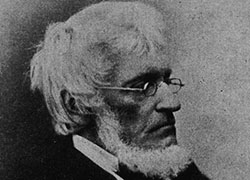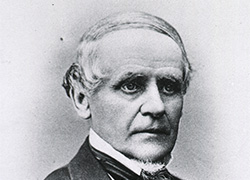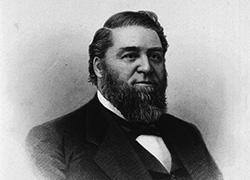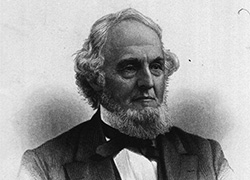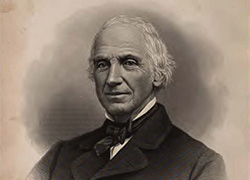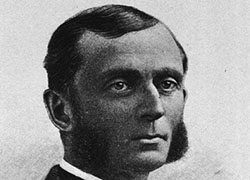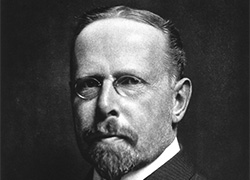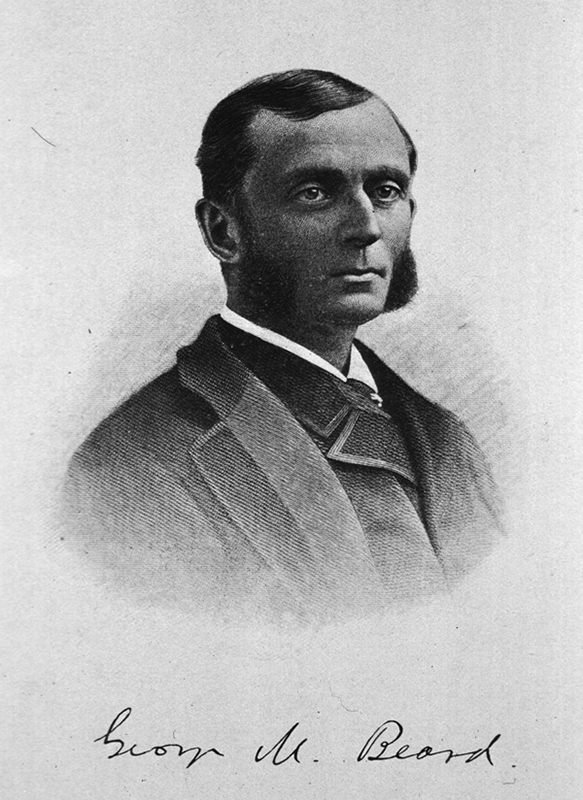Biography: George Beard
George Beard, M.D. (1837–1883): Neurologist
George Beard is credited with coining the word “neurasthenia,” a term that came into great prominence in the late 19th and early 20th centuries.
Beard received his medical degree in 1866 at The College of Physicians and Surgeons in New York and then joined Dr. A. D. Rockwell, a New York neurologist who was using electricity in medical and surgical therapy and with whom Beard later published favorably received book on the subject. Beard became interested in psychology, and in 1876 he read a paper at a meeting of the American Neurological Association entitled, “On the influence of the mind on the cure and causation of disease” (Journal of Nervous & Mental Diseases, 1876, vol. 3, pp. 429-434). Beard credited emotions as influencing symptoms which could be dispelled by positive thinking, to which he applied the term "mental therapeutics." His paper met with derision from his colleagues, and The Superintendents’ Association lost no opportunity to disparage Beard’s writings. Beard’s book, A Practical Treatise on Nervous Exhaustion (Neurasthenia) (New York, 1880) received a scathing review in The AJI (April 1880, v. 36, pp. 522-526).
Historian Charles Rosenberg wrote, “Beard was neither a profound nor critical thinker. His popularization of the idea of neurasthenia won him an international reputation in the late 19th century… he was a forerunner of French and modern psychological medicine.” (“The place of George M. Beard in 19th-century psychiatry,” Bulletin of the History of Medicine, 1962, v. 36 (3), pp. 245-259).

